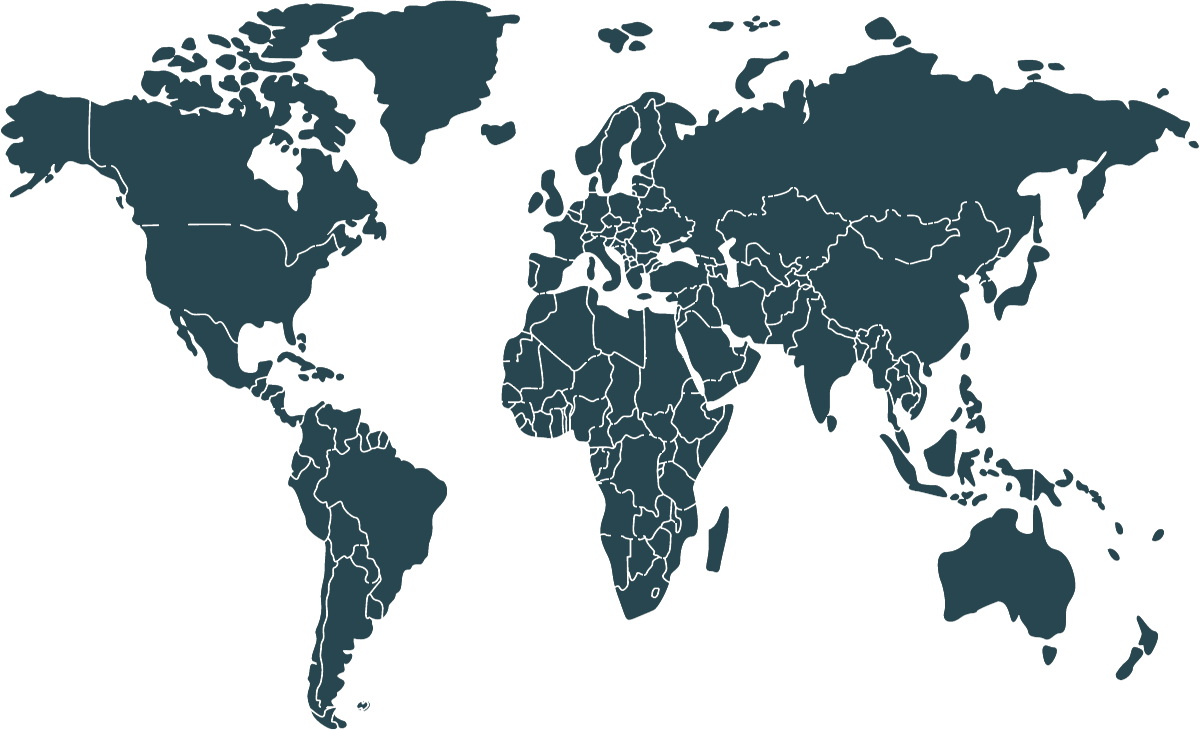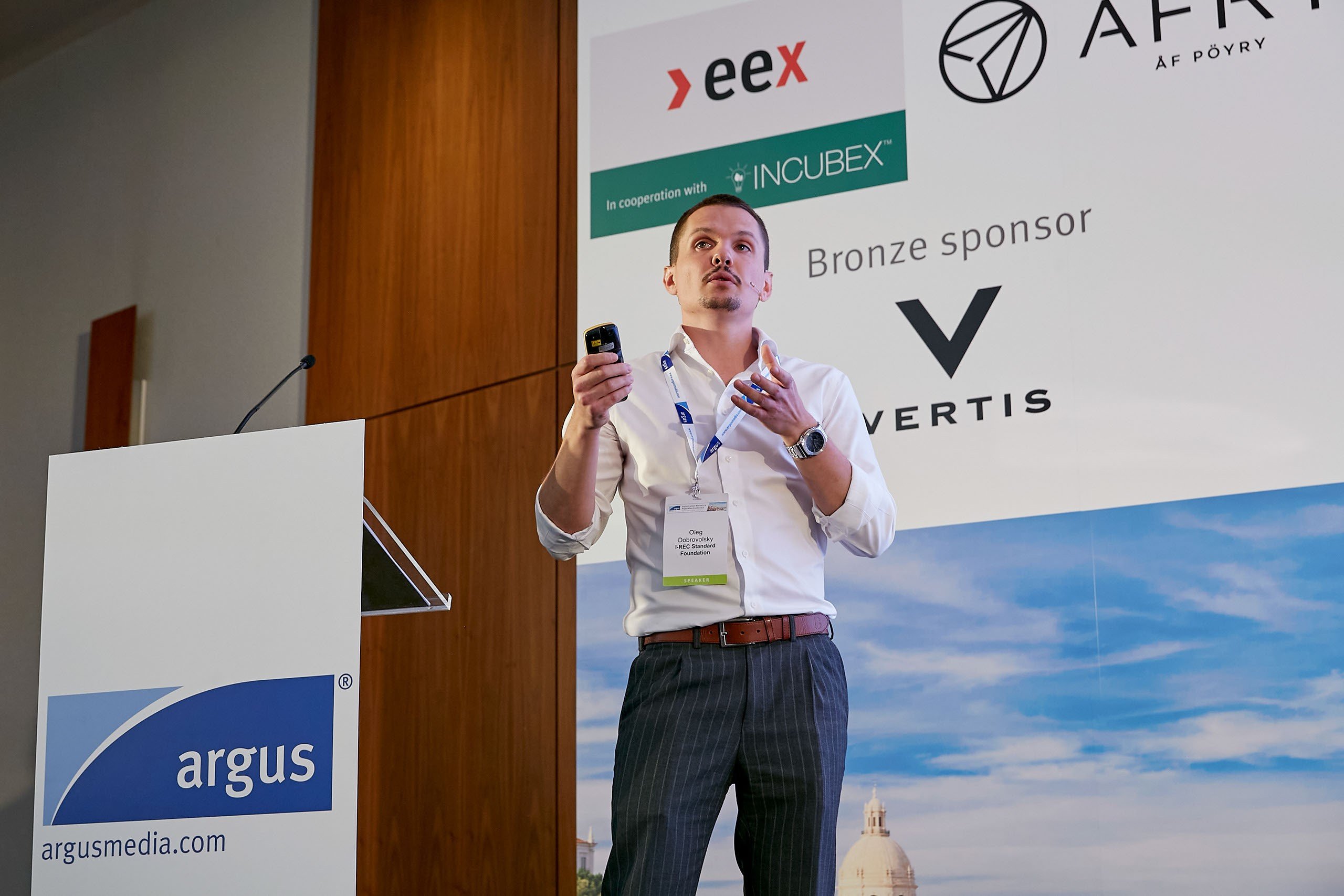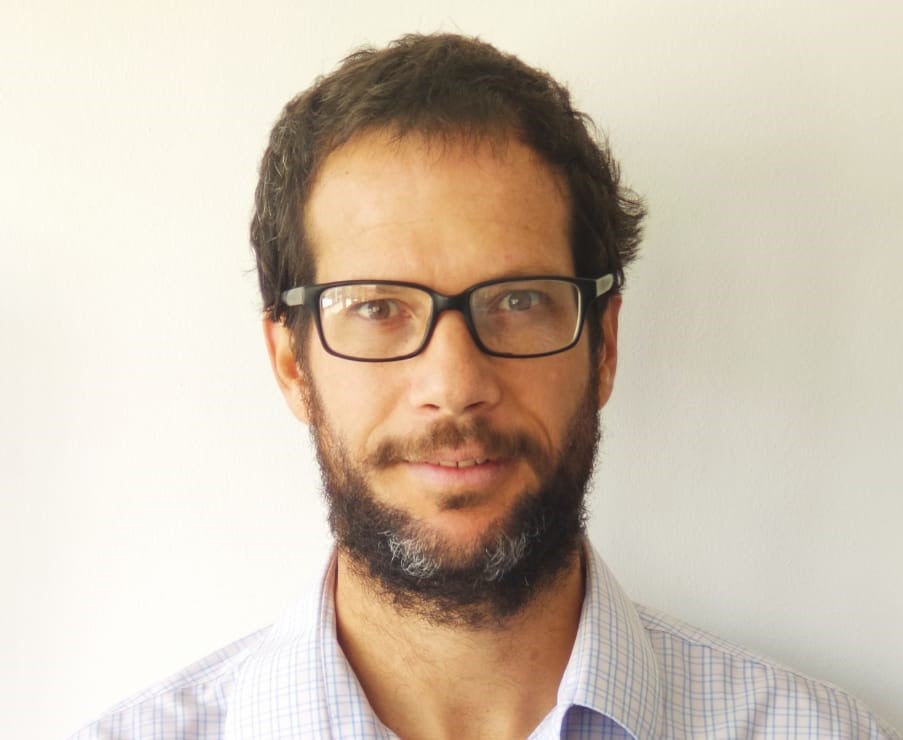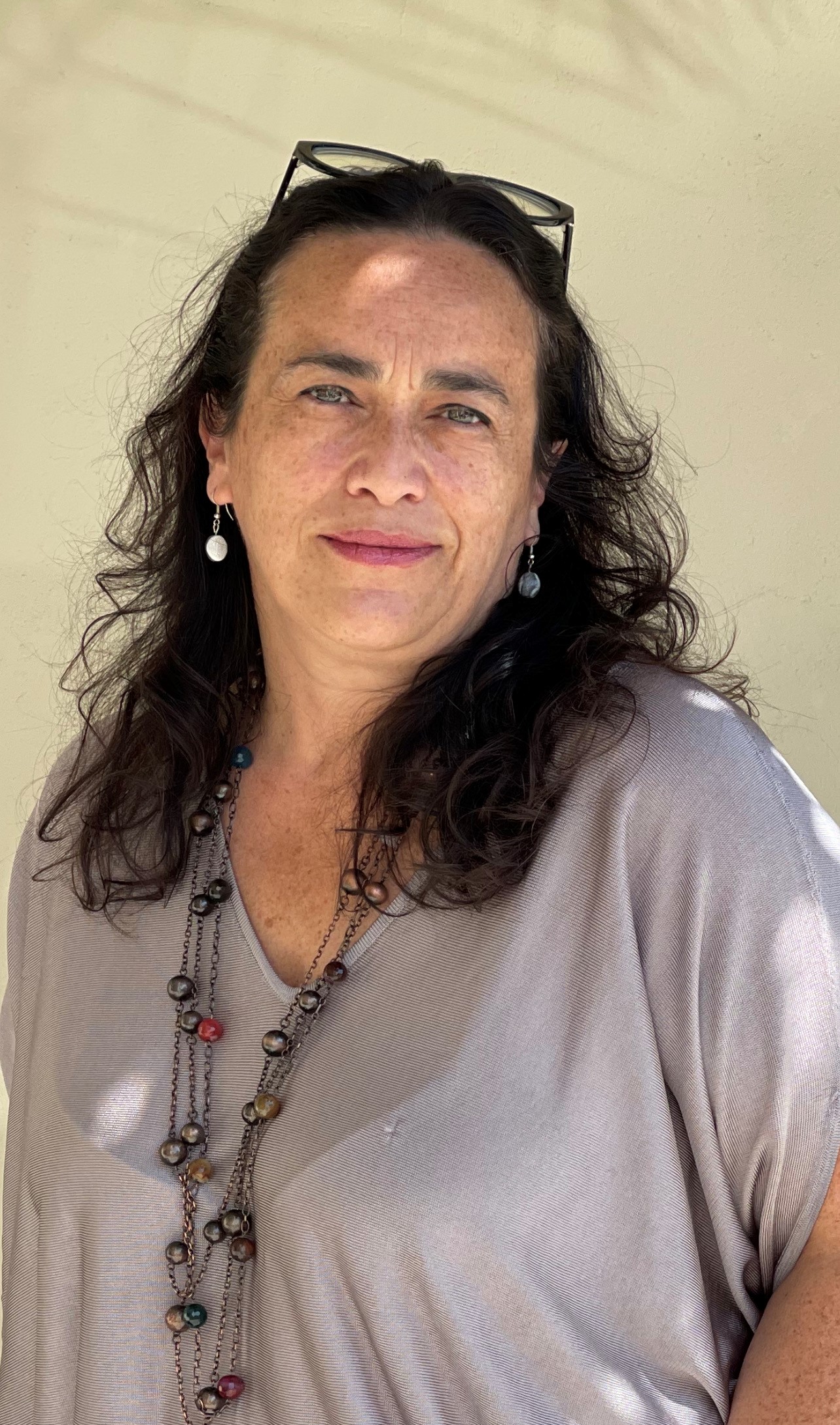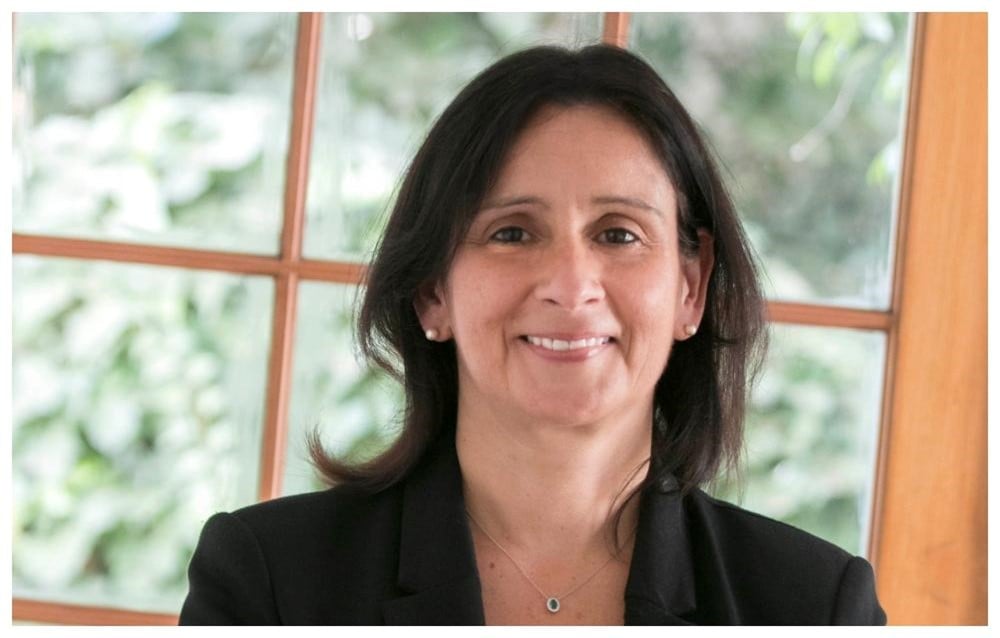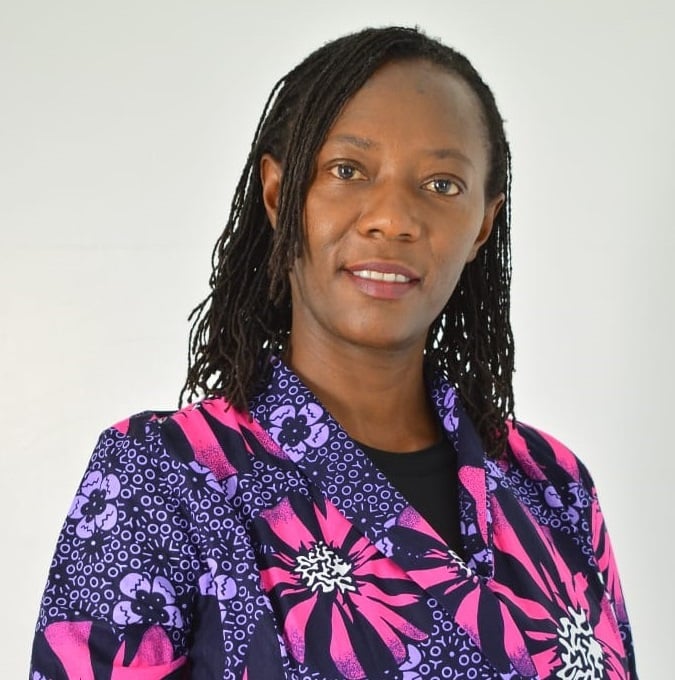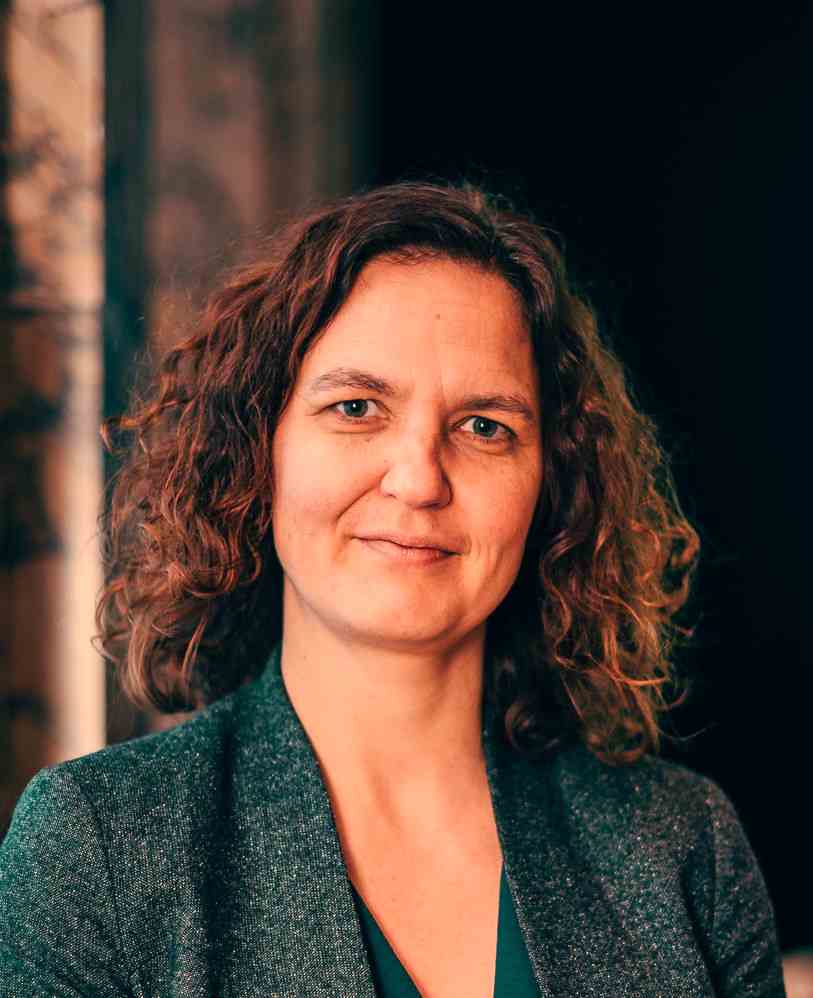•• Standardizing Global Attribute Markets
ISC2024 Program
•• The detailed program for the I-REC Standard Conference (ISC) 2024
- Pre-conference Session A
- System Development
- 14:00 - 15:30
Introduction to Global EAC Markets
This session will cover the basics of what an Energy Attribute Certificate (EAC) is, how they are used, and what role they have in tracking GHG emissions. This session will provide delegates with an overview of rapidly developing renewable energy attribute markets for different energy products.
Speakers

Enam Akoetey-Eyiah
Moderator

Merve Güngör
Speaker

Ben Gerber
Speaker

Hugo Stappers
Speaker

Julio Santiago
Speaker
- Pre-conference Session B
- Country and Regions
- 14:00 - 15:30
China
China is among the world’s most important supply chain hubs. It exports commodities and goods that underpin growth across global economies and is currently the world’s largest energy consumer. At the same time, China has made tremendous progress on building out renewables—topping out global charts for installed renewable capacity, hosting 48% of the world’s renewables within its national borders, and issuing the highest volumes of I-RECs of any country in 2022 and 2023. This session will explore the clean energy tracking needs of Chinese exporters, critical shifts in policy and tracking ecosystems, and discuss implications for exports and trade. For any actors asking the question: “what do we need to know about Chinese EAC markets”, this is your session
Speakers

Roble Poe Velasco Rosenheim
Co-Moderator

Zhenlan Lee
Co-Moderator

Bradley Way
Speaker

Dr. Jie Hao
Speaker

John Chen
Speaker
- Pre-conference Session C
- System Development
- 16:00 - 17:15
Practical Implementation of the I-REC(E)
The International Tracking Standard Foundation: Founder of I-REC (I-TRACK Foundation) provides a robust, transparent framework for ensuring reliable energy attribute tracking. The I-TRACK Foundation sets out best practices for establishing ownership and avoiding double counting in various legislative and market structures around the world. This session will discuss implementation strategies for different product codes (e.g., electricity and hydrogen) in different regions across the world.
Speakers
- Pre-conference Session D
- Country and Regions
- 16:00 - 17:15
Latin America
The two largest I-REC(E) markets are China and Brazil. In this pre-conference we will focus on Brazil and Latin America as a whole. Brazil has a large a growing percentage of renewable installed capacity, with its impressive hydro capacity, and a consistent growth trend in the use of I-REC(E). With 16 participating countries, the LATAM region represents a third of the global I-REC(E) market activity and remains a privileged landscape for investments in renewable energy. We will review the main aspects of market dynamics in LATAM including drivers for growth, both from demand and supply side, most recent developments and share experts’ insights for the region.
Speakers
•• Conference Day 1 - Tuesday, 2 July 2024
- Keynote 1
- 09:30 - 10:45
Standardizing Global Attribute Markets
The need for EAC standards is more apparent now than ever. With attribute tracking becoming an integral part of electricity market development, EAC standardization plays a critical role in ensuring both power generators and end-users have access to credible, transparent, and globally harmonized information about the origin of their electricity. EACs are becoming the common denominating instrument for new energy markets beyond electricity such as for hydrogen. This session will describe how EACs fit into new markets, how additional tracking layers are being implemented in different countries, and the role of different stakeholders in these new attribute markets.
Speakers

Jared Braslawsky
Moderator

Alexandre Fachin
Speaker

Carla Primavera
Speaker

Fernando G. Lopes
Speaker

Hallie Cramer
Speaker
- Session 2a
- Country and Regions
- 11:15 - 12:15
Managing Growth, Volumes, and Complexity
For better or worse, environmental tracking, accounting, and disclosure systems are becoming exponentially more complex. Transaction volumes are experiencing explosive growth as supply chain reporting and inbound regulations unlock new demand hubs. At the same, the introduction of new tracking and accounting systems is poised to enhance transparency and improve accountability but will also increase reporting burdens for companies of all sizes. This session explores how emerging tools can help stabilize disclosure complexity in the Scope 3 arena and beyond—welcoming thought leaders to discuss how technology and accounting tools can streamline corporate reporting. The session will review new products and upgrades to existing tracking systems, providing insights on how to manage “complexity exposure” in a fast-changing reporting ecosystem.
Speakers
- Session 2b
- System Development
- 11:15 - 12:15
Unpacking the Hydrogen Code
Although the I-TRACK(HX) Product Code has been published, clean hydrogen production, and its certification, are still in their infancy. That said, clean hydrogen is still in its infancy and there are numerous challenges facing early-mover project developers. This session will review the I-TRACK for Hydrogen mechanism and broadly discuss how certification can reduce demand-side risk on long-term contracts. With an estimated 80% of hydrogen likely to be produced in the Gulf Coast Countries, Avance’s placement in Abu Dhabi has it strategically positioned to be right in the middle of the action. Avance will lead an engaging panel—seeking to disseminate challenges and lessons while engaging the audience in charting the way forward.
Speakers

Michael Tsang
Moderator
- Session 3a
- Country and Regions
- 13:30 - 14:30
How Legislation is Impacting I-REC(E) Markets
Amid Net Zero commitments and nationally determined contribution (NDC) targets under the Paris Accord, countries around the world are implementing new policies, regulations, and legislation to drive climate action and clean electricity consumption. This will contribute to existential shifts in EAC market rules and applications—moving many markets from voluntary to compliance systems and tightening rules on what products and procurement structures reporting entities use. This session will discuss key drivers of legislative change at both the national and regional levels and provide insights on what market actors should expect next.
Speakers
- Session 3b
- System Development
- 13:30 - 14:30
The Next Phase of Carbon Certification
The I-TRACK Product Code for Carbon Removal (CDR), [I-TRACK(CDR)], is new but is no doubt going to be impactful. This ex-post, fact-based instrument is guaranteed to provide durable sequestration of GHG emissions on a 100+ year time horizon. Adopting established principles and procedures from REC markets will bring more transparency, integrity, and credibility to the Voluntary Carbon Market, enabling the scale of CDR technologies in line with Net Zero. This session offers the opportunity to learn more about the CDR Code and how C-Capsule is implementing this on a global scale, including innovative applications like Direct Air Carbon Capture and Storage (DACCS). After a tumultuous year for carbon markets, this session will also look to the ex-post future of the sector.
Speakers

David Ungar
Moderator

Svenja Telle
Speaker

Travis Caddy
Speaker

William Barrett
Speaker
- Session 4a
- Country and Regions
- 15:00 - 16:00
I-REC(E) Growth in Emerging Markets
The I-REC(E) market is active in over 60 countries with the newest emerging markets growing at impressive rates. Emerging markets in Africa, Latin America, and Oceania are seeing similar growth patterns and experiencing similar issues related to EAC implementation adherent to the I-TRACK Foundation. This session will review growth trends in these new markets from both the supply and demand perspectives, introduce key stakeholders, and describe some market mechanisms that are creating success stories in emerging markets. The session will be relevant to end-users looking to source EACs in new markets, as well as brokers and intermediaries scaling up portfolios in previously inaccessible countries.
Speakers
- Session 4b
- System Development
- 15:00 - 16:00
Advancing the I-REC for Electricity
Electricity is becoming the backbone of an increasingly integrated energy system. Sharing best practices, challenges, and potential solutions will be critical for expanding the I-REC(E) to a broader adoption in various sectors and products. This session will explore the latest advancements in the I-REC for Electricity [I-REC(E)] market and associated digital infrastructure, share first-hand experiences of implementing innovative solutions, and discuss how market participants (including new platforms and additional end-users) can get involved.
This session will also provide a deeper look at temporal matching between renewable electricity supply and consumption, and how this has been pushed forward by voluntary efforts from corporates and novel regulatory requirements (e.g., hydrogen). As an audience member, you will have an opportunity to learn more about the additional advancements being worked on in the I-REC Registry including the possibility for bulk issuances for many small devices and advanced labeling schemes to provide more information to end-users (e.g., consumer claims).
Speakers
- Keynote 5
- 16:30 - 17:30
End-User Round Table
The development of EAC markets is critical for supporting dialogue between governments and economic powerhouses including the Fortune 500s. While governments across the region have supported the development of clean energy markets, more work remains to be done. This session will bring together high-level panelists from the world’s leading brands to discuss progress to date, and remaining barriers that still impact meaningful clean energy procurement.
Government and utility stakeholders are invited to join the conversation with an engaging question-and-answer session aimed at encouraging public-private dialogue and collaboration in support of low-carbon, high-yield economic growth.
Speakers

Jared Braslawsky
Moderator

Alexandre Costa
Speaker

Bruno Guerreiro
Speaker

Hallie Cramer
Speaker
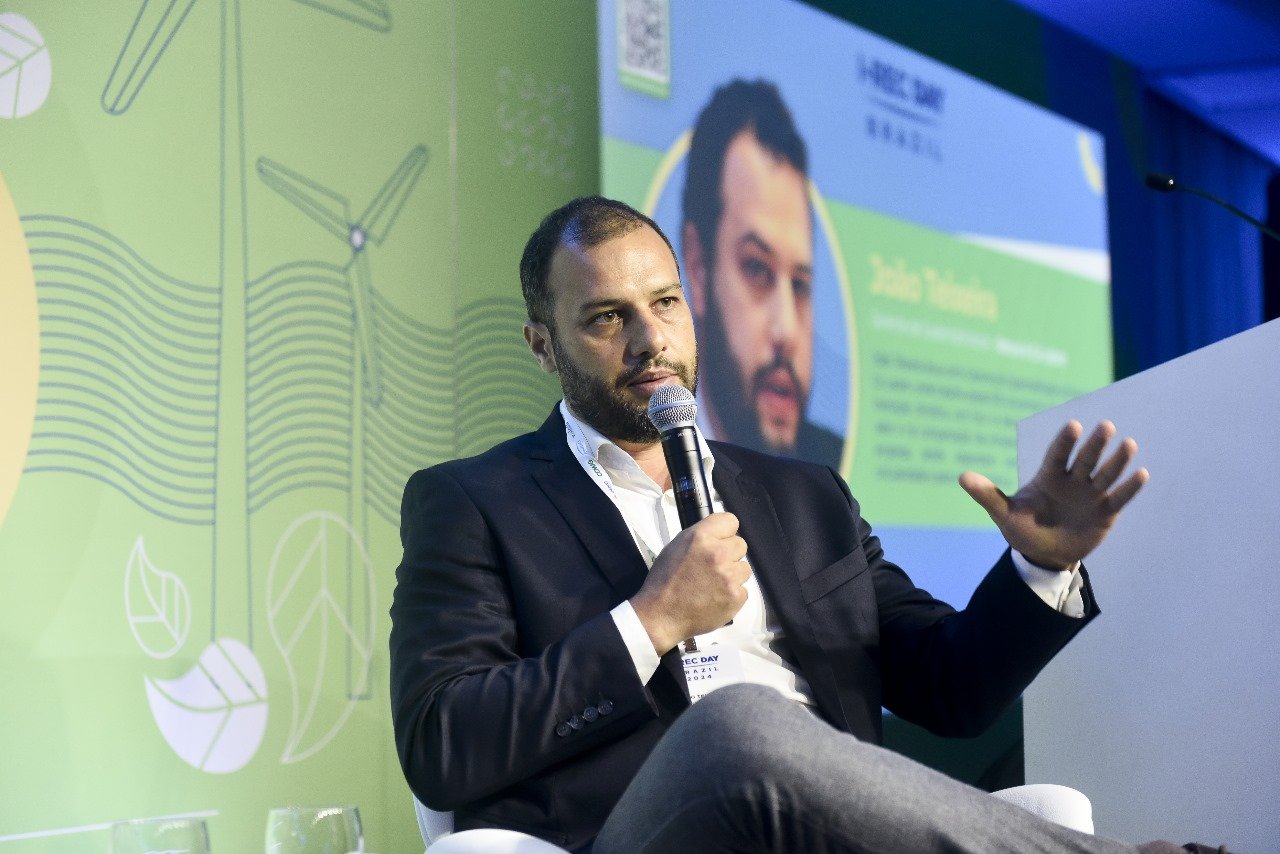
João Teixeira
Speaker
•• Conference Day 2 - Wednesday, 3 July 2024
- Session 6a
- Country and Regions
- 09:00 - 10:00
Volume and Prices - Value of Renewables Around the World
This session will answer the single most frequently asked question in EAC markets: how much are they worth? End-users, power generators, and brokers alike will walk away with insights on benchmark prices to help guide sales and procurement in 2024. The world’s biggest environmental commodity retailers will take the stage to share insights on supply gaps, liquidity overflows, and how they are pricing EACs across different fuel types and geographies. Any market participant remotely involved in buy- or sell-side decisions in the EAC space should mark this session on their agendas and consider arriving in advance—space may be limited.
Speakers
- Session 6b
- System Development
- 09:00 - 10:00
Managing Methane
Methane will play a key role in the energy transition and is therefore here to stay. However, there are some critical issues associated with methane and biogas that must be addressed to keep on track with net zero commitments. For instance, tracking systems for “clean methane” remain in their infancy, while contracts for methane are already being signed in the EU for post-2050 supply—directly contradicting European net zero by 2050 commitments. With large-scale implementation of biogas systems around the corner, market and policy stakeholders need clearer definitions of how to track and transact biogas—an issue currently being addressed by the I-TRACK Foundation and its implementation partners. This session invites the new code manager for biomethane and those working on Methane Intensity tracking, to provide (for the first time) a comprehensive introduction to the new instrument and how it is being rolled out in the market. Participants will walk away with a unique view of what’s next and how to get involved now.
Speakers
- Session 7a
- Country and Regions
- 10:30 - 11:30
Europe: Finding Clarity in the Complexity
In 2023, there has been no shortage of legislative developments in the EU relating to the certification of various energy products. This session will discuss the impact of the European Cross-Border Adjustment Mechanism (CBAM), the RFNBO Delegated Acts, the RED III (TBC), and the CSRD. This session will discuss interlinkages between EAC markets and emerging regulations—highlighting the need for standardization of EACs to support the rollout of new accountability frameworks. EAC systems across the world will play a key role in ensuring credible Scope 2 accounting as it relates to the production of clean goods in an increasingly globalized trade economy.
Speakers
- Session 7b
- System Development
- 10:30 - 11:30
Aligning the Industry: Corporate Accounting & Market Boundaries
Market boundaries are perhaps the most hotly debated topic in the EAC ecosystem. Voluntary accounting and disclosure frameworks, such as CDP, GHGP, RE100, and SBTi, provide some level “answers” to what is and is not acceptable in terms of cross-border transactions. However, voluntary market rules are changing (in line with upgrades to GHGP accounting systems) and need to be carefully harmonized with national energy policies and international accounting frameworks linked NDC accounting structures. This session will NOT answer the question of what specific cross-border transactions are permissible. Instead, it will bring together key decision makers, describe initiatives underway to harmonize cross-border “rules,” and provide a venue for the audience to share views on how the cross-border discussion should move forward.
Speakers

Roble Poe Velasco Rosenheim
Moderator

Enam Akoetey-Eyiah
Co-Moderator

Jen-Wee Kang
Speaker

Michael Macrae
Speaker

Mohd Razif Bin Abd Halim
Speaker
- Keynote 8
- 12:00 - 13:00
Interoperability Tracking Mechanisms Across the Energy Value Chain
With increasing scrutiny on supply chain emissions, EACs are emerging as an integral tool in providing a trustworthy and transparent account of the energy attributes of a product or process. The separate processes for Scope 1, 2, and 3 emission reporting are no longer considered in isolation. EACs are well-positioned to bridge the gap between elements of the supply chain, however, this will only be possible through interoperability of tracking mechanisms. This session will examine how a full disclosure functioning EAC ecosystems can service all sectors and needs across the value chain.
Speakers
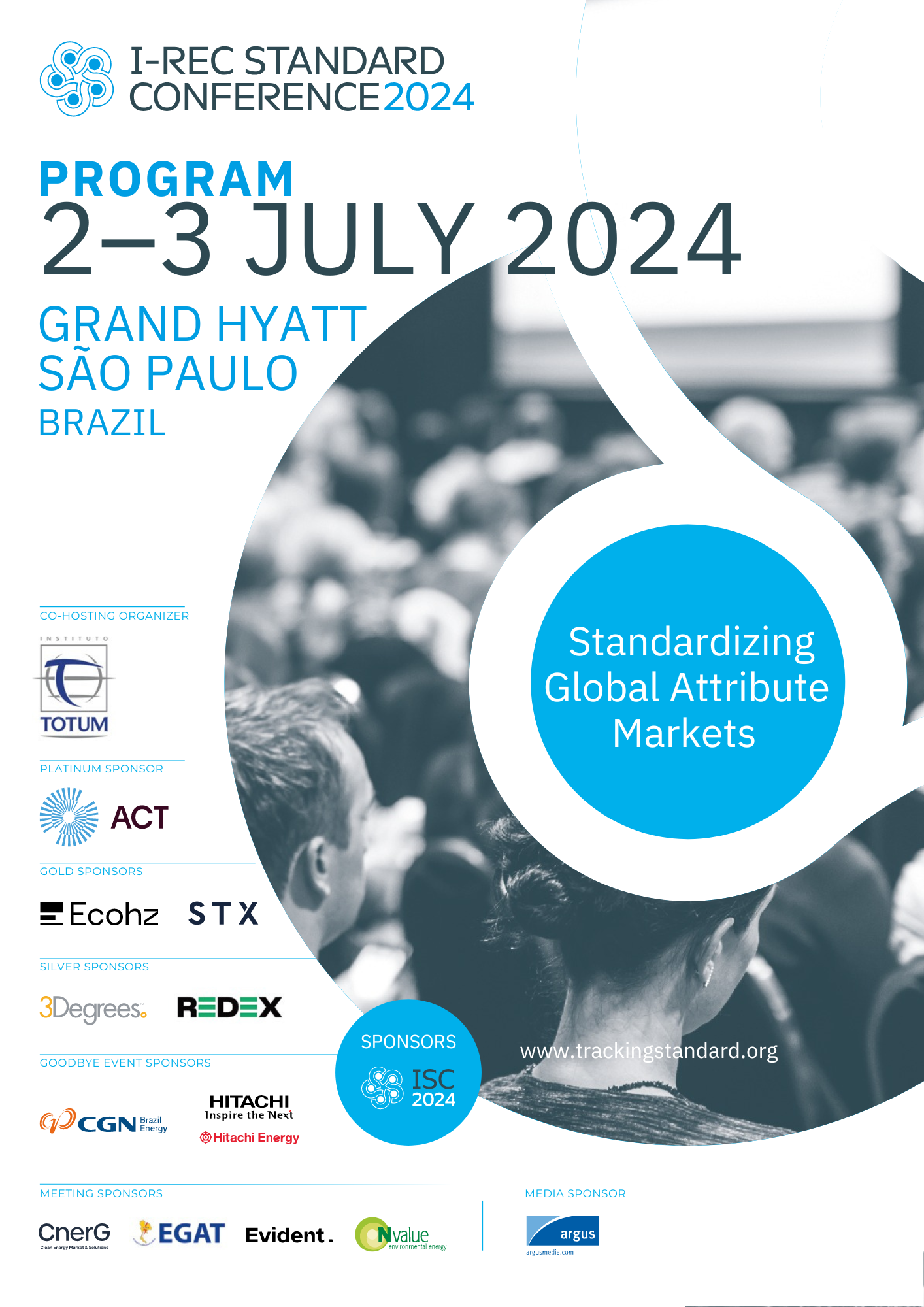
The ISC2024 Program
The ISC2024 Final Program is now available for download.
ISC2024 Terms & Conditions
These are the I-REC Standard Conference (ISC) 2024 Terms and Conditions held by the International Tracking Standard Foundation: founder of I-REC.
